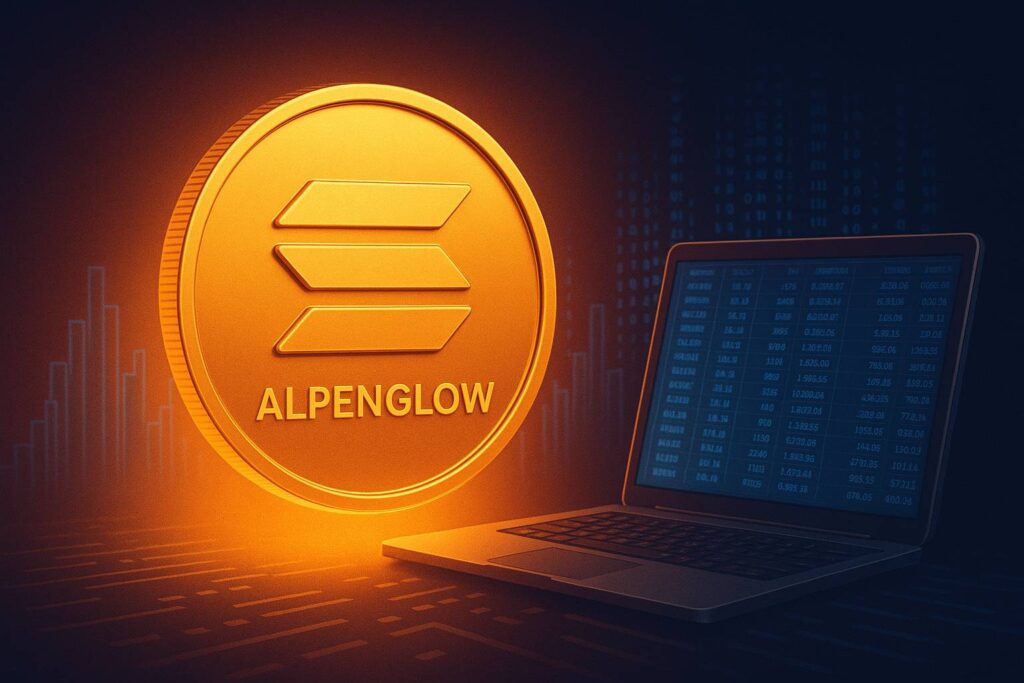In the fast-evolving realm of blockchain technology, the need for speed is paramount. As cryptocurrencies continue to gain mainstream traction, the challenge is to overcome one of the most persistent criticisms: sluggish transaction times. Solana, a notable player in this space, is addressing this issue head-on with a groundbreaking upgrade known as Alpenglow. This update promises to revolutionize the way transactions are processed, bringing blockchain efficiency closer to that of traditional financial systems. Here’s an in-depth look at what Alpenglow entails and why it’s generating considerable excitement.
The Impact of Solana’s Alpenglow on Blockchain Technology
Accelerating Transactions: The Core of Alpenglow
Solana is set to redefine transaction efficiency with its latest upgrade, Alpenglow. Garnering approval from 98% of the network’s validators, this update aims to reduce transaction confirmation times to a remarkable 150 milliseconds. Such a leap not only enhances user experience by making waiting times virtually imperceptible but also positions Solana as a viable alternative to centralized systems, matching the speed of current financial giants like Visa.
Why Speed Matters in Blockchain
Currently, users often face delays that can stretch over twelve seconds before transactions are finalized. This latency is detrimental in contexts requiring rapid processing, such as financial trading or consumer purchases. Alpenglow’s promise to slash this time by a fifth is significant for both casual users and professional stakeholders, as it enables applications to operate smoothly and payments to be confirmed swiftly.
Implementation Timeline and Community Involvement
Anticipation surrounds the rollout of Alpenglow, with testing set to commence in December during the Breakpoint conference—a key event for the blockchain community. Should the trials proceed smoothly, the mainnet launch is slated for early 2026. Throughout this phase, rigorous testing will ensure that any potential issues are identified and rectified, ensuring a seamless transition.
Beyond the Upgrade: Broader Implications
Experts view Alpenglow not just as an upgrade but as a pivotal moment in blockchain development. Influential figures like Kyle Samani of Multicoin Capital suggest that this could set the foundation for innovative digital marketplaces. The incorporation of stablecoins into everyday devices, akin to apps, is a looming possibility, with platforms like Ethereum and Solana being front-runners for government-backed stablecoins. For the Solana community, Alpenglow marks a journey toward handling millions of transactions per second—an ambitious but attainable goal.
Solana in the Competitive Arena
Solana is not isolated in its pursuit of advancement; competitors like Ethereum and Avalanche are also pioneering enhancements. However, Alpenglow may propel Solana to rival traditional finance systems in speed. Already capable of processing 100,000 transactions per second in tests, Solana’s technical foundation indicates strategic foresight. This development is a beacon to investors and developers that significant advances are underway.
Financial Implications: SOL’s Market Prospects
Alongside technical advancements, Solana’s cryptocurrency (SOL) sees increasing market interest. Currently valued at approximately $207, projections suggest that Alpenglow’s launch could elevate this to $250 by year-end. Although the peak price remains about 30% higher, the successful deployment of Alpenglow might position Solana as a financial frontrunner, offering lucrative prospects for investors and enthusiasts.
Frequently Asked Questions
What is Alpenglow’s significance for Solana?
Alpenglow is poised to drastically enhance Solana’s transaction speed, bringing blockchain technology to the forefront of efficient financial processing. This upgrade not only reduces transaction times but also places Solana in a strong competitive position against traditional financial systems.
How will Alpenglow affect the Solana community?
The Solana community stands to benefit immensely from Alpenglow, as the reduced transaction times will lead to smoother user experiences and the potential for expansive innovation within the blockchain space, particularly in integrating stablecoins seamlessly into everyday devices.
When can users expect Alpenglow to be available?
The testing phase for Alpenglow is expected to begin in December 2025, with the full rollout anticipated in early 2026. This timeline allows for extensive evaluation and necessary adjustments to ensure optimal performance upon release.
How might Alpenglow impact Solana’s market value?
As Alpenglow enhances Solana’s transactional capabilities, it is likely to attract increased investor interest, potentially boosting SOL’s market value. Analysts anticipate a rise to around $250 by the end of the year, contingent upon the successful implementation of the upgrade.

